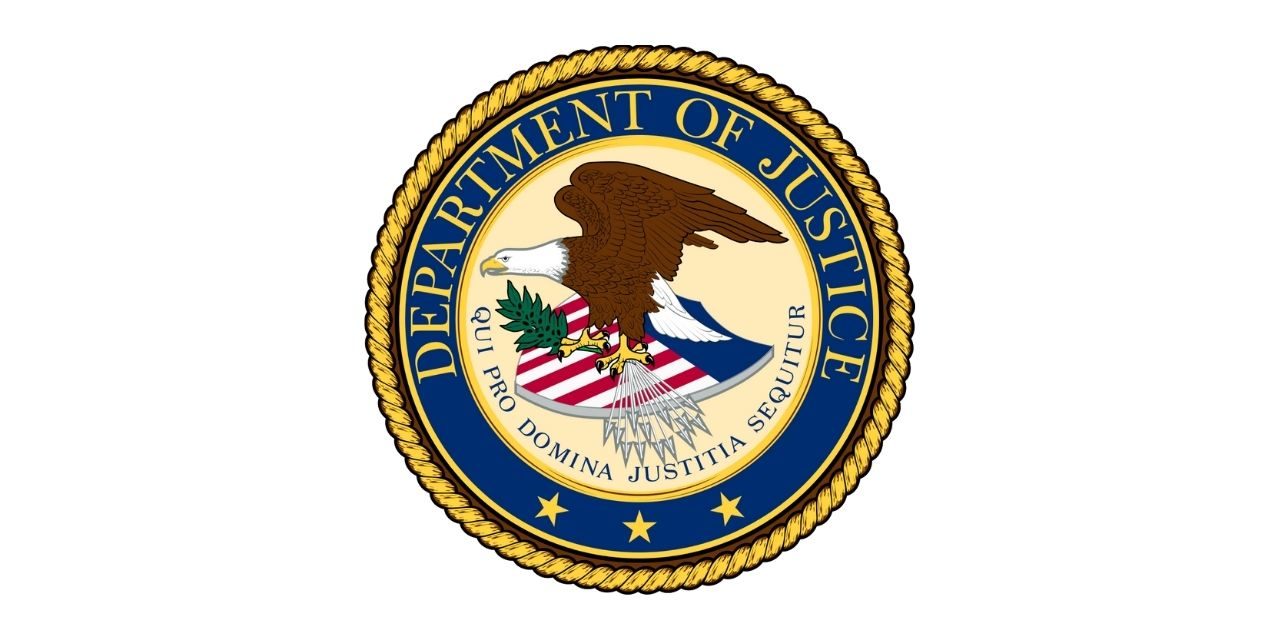In a move that could have ramifications for the prosecution of federal crimes, the Biden administration has requested the resignations of all remaining U.S attorneys who were appointed by former President Trump, with a couple notable exceptions.
There are 94 judicial districts across the federal system, and the president appoints the U.S attorney over each of those districts. They supervise an office of career (i.e., non-appointed) attorneys who prosecute everything from federal drug offenses to white-collar crime.
Each U.S. attorney serves at the pleasure of the president and the U.S. Attorney General, and it is expected that with each new administration, those attorneys will tender their resignations, or as sometimes is the case, stay until asked to resign. At this point, there are 56 U.S. attorneys remaining in their positions who were appointed by Trump, and today they were asked to submit resignations by February 28.
Notable exceptions to the resignation request will be the U.S. attorney for Delaware, David C. Weiss, who is currently investigating the president’s son, Hunter Biden, regarding potential tax crimes. The administration fears that requesting Weiss to resign would appear politically motivated, which is why it will refrain from doing so.
Also exempt from the request to resign will be John Durham, appointed by former U.S. Attorney General William Barr as a special counsel last October to oversee the investigation into the origins of the FBI’s 2016 Russia investigation which attempted to implicate the Trump campaign in illegal activity affecting the election.
The administration’s request also may not affect the U.S. attorney for Washington, D.C., Michael Sherwin, who is leading the investigation into the January 6 Capitol insurrection and the prosecution of those involved.
The resignations and subsequent new appointments expected from the administration could impact the priorities given to prosecuting various crimes. That is of concern to pro-life, pro-family Americans who want to ensure that drug dealers, human traffickers, pornographers and violent criminals continue to remain a high priority inside the U.S. Justice Department.
One person intimately familiar with the process and the problems that can occur when presidential administrations change is Mike Norton, a former U.S. attorney for Colorado under President George H.W. Bush.
“U.S. attorneys are nominated by the President and take office upon confirmation by the U.S. Senate,” Norton told The Daily Citizen in an email. “The appointment is for a four-year term; but is subject to removal by the president at any time, with or without cause. This is somewhat like judicial nominations except for the term of office limits.”
U.S. attorneys used to stay on until their successors were appointed, but that changed under President Clinton’s Attorney General, Janet Reno.
“Until the Clinton Administration, the historic Department of Justice practice for more than two decades had been to retain U.S. attorneys until successors had been nominated and qualified for the office. It was believed to be important to have a U.S. attorney in office to serve as a buffer to political demands that may be sought to be imposed on assistant U.S. attorneys who are less able to resist these demands by the politicians on criminal justice priorities in these offices.
“However, beginning with the Clinton administration, this historic practice changed. In March 1993, I received a telephone call from the office of Clinton’s new Attorney General Janet Reno demanding my resignation. Most of my U.S. Attorney colleagues around the country received similar calls.”
Elections matter, even affecting the appointment of U.S. attorneys. Norton observed that the tenor of prosecutions can change with a new administration. “Justice, particularly criminal justice, is supposed to be blind, especially to partisan politics,” he said. But he has observed over the years that certain administrations, whose policies favored abortion, ended up prosecuting pro-life protesters, as one example.
He fears that under the new administration, U.S. attorneys and federal prosecutors might attempt “to bury unfavorable investigations and prosecutions” in key areas of concern for pro-life, pro-family Americans such as pornography, sex trafficking and voter fraud.
President Biden has nominated Judge Merrick Garland to be the next Attorney General. The Senate will take up his nomination in the near future.
Photo from Wikipedia






